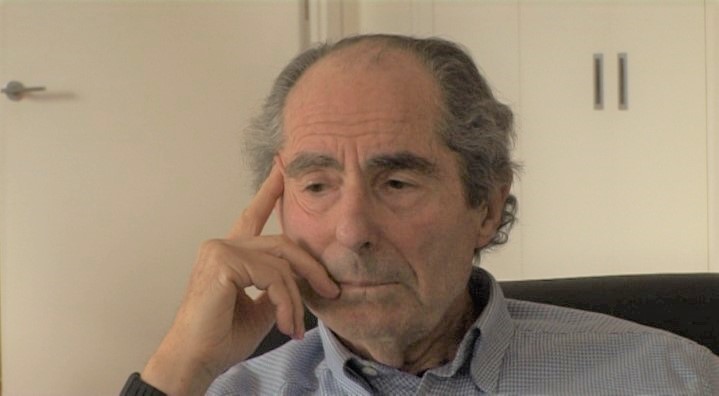NEXT STORY

The Great Gatsby
RELATED STORIES

NEXT STORY

The Great Gatsby
RELATED STORIES


|
Views | Duration | |
|---|---|---|---|
| 141. Reading | 794 | 03:52 | |
| 142. American literature | 760 | 01:59 | |
| 143. Hemingway | 1 | 1281 | 02:38 |
| 144. The Great Gatsby | 936 | 00:43 | |
| 145. Henry Miller | 1095 | 01:41 | |
| 146. William Faulkner | 1377 | 01:38 | |
| 147. How I met Saul Bellow | 1 | 1019 | 01:27 |
| 148. John Updike | 1226 | 05:45 | |
| 149. English writers | 848 | 01:34 | |
| 150. John Updike: my distant friend | 1225 | 01:03 |


And then in the 20th century, the writer I... I read when I was again in my 20s was Hemingway. We all did, everybody did then. I don't think anybody reads him at all anymore. And the trouble with Hemingway's career, as... as everyone knows, is that he really only had a career of 10 years, in which he... in which he wrote at his.. at his best, and that is from about... the age of 25 to 35, when he wrote The Sun Also Rises and Farewell to Arms. That's... for me the glory book is Farewell to Arms. Both the war story and the love story are harrowing and... and touching. And then he has the magic of that prose. It's impossible to figure out how it's done, with such minimal means.
Then at the end of his career, it seems to me, he wrote a few good books as well. A book I like is called Islands in the Stream, and I don't know if that was posthumously published, I think it was. So it may have been put together by editors, I... though I could be mistaken. But Islands in the Stream was the first time Hemingway dealt with a man and... and his children. The character in that book, whose name I don't remember for the moment, has about three boys. They're... they're about 20 or so, or 18, and his life with these boys on this island is... is wonderfully done.
And then there is two other books of Hemingway's that were published posthumously, one called The Moveable... A Moveable Feast, which is a memoir of his days in Paris in the '20s, which is very charming. And a book that was cobbled together out of pieces by his editors called The Garden of Eden, which is Hemingway coming clean about sex, which I don't think he ever did. And... but he introduces a hero with sexual vulnerability and a crazy young bride of that hero and I think The Garden of Eden is... is pretty good.
The fame of the American writer Philip Roth (1933-2018) rested on the frank explorations of Jewish-American life he portrayed in his novels. There is a strong autobiographical element in much of what he wrote, alongside social commentary and political satire. Despite often polarising critics with his frequently explicit accounts of his male protagonists' sexual doings, Roth received a great many prestigious literary awards which include a Pulitzer Prize for fiction in 1997, and the 4th Man Booker International Prize in 2011.
Title: Hemingway
Listeners: Christopher Sykes
Christopher Sykes is an independent documentary producer who has made a number of films about science and scientists for BBC TV, Channel Four, and PBS.
Tags: Farewell to Arms, The Sun Also Rises, Islands in the Stream, The Garden of Eden, Ernest Hemingway
Duration: 2 minutes, 38 seconds
Date story recorded: March 2011
Date story went live: 18 March 2013